Feed The Animal: How To Maximize Your Digestion
In your quest to get big, don’t overlook the importance of digestion. Listen in as two of the most health-conscious athletes in the sport, Evan Centopani and John Jewett, discuss their favorite digestive aids.
If you’re looking for a competitive edge in bodybuilding nutrition, a good place to start is by listening to Evan Centopani and John Jewett. Both of these guys have a reason behind every food-related choice they make, so we decided to put them together and let them battle it out in this “Feed the Animal” smackdown. (Actually, they’re very polite to each other as they sit quietly at a kitchen table.)
Watch this pair as they make like a couple of seasoned NFL scouts and choose their top draft picks among foods known to aid digestion. Then, take what you learn to put together your own Super Bowl-caliber shopping list.
What Is Digestion?
You can’t start talking about digestion-supporting foods without first understanding what digestion is: The mechanical and enzymatic process that breaks down food into a form your gastrointestinal (GI) tract can absorb. Good digestion is very important for bodybuilders since we rely on food to transform our physiques. If you can’t properly absorb your food, you can’t reach your ultimate muscle-building potential.
Once food enters the mouth, digestion begins with chewing and saliva and doesn’t stop until the food reaches the end of your colon. Enzymes, bile salts, communal bacteria, and acids all contribute to the process. By consuming specific foods, you can optimize this process along the way.
Assess Your Foods
Before looking at foods to aid digestion, make sure to assess your own diet for foods that may be slowing down your digestion. Pay attention throughout the day to whether you ever feel bloated, if you’re gassy or constipated, or if you’re belching a lot. If you notice any of these sensations, take note of what foods you ate beforehand. If you see a pattern, start eliminating suspect foods from your diet—one food at a time.
You might not have full-blown food allergies, but you may have food sensitivities. Pay special attention to how your body reacts to dairy, egg whites, avocado, cruciferous vegetables, potatoes, nuts, and wheat products. Any one of them may be a potential digestion disruptor.
Let’s jump into Jewett and Centopani’s top pro-digestion draft picks.
Jewett’s Digestion Picks
1. Extra-Virgin Olive Oil
Invest in high-quality, extra-virgin olive oil, which contains monounsaturated fats that fight inflammation. Inflammation can manifest as everything from GI tract irritation to cardiovascular disease. As you might expect, an inflamed gut is not ideal for absorbing nutrients and can hinder muscle growth.
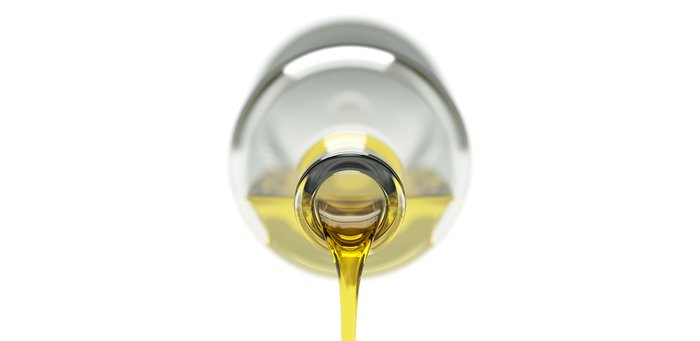
Choose extra-virgin olive oil that comes in dark glass bottles, which shields the oil from light that can cause oxidation.
Use it not just for cooking, but as a topping. Add it to rice, potatoes, and vegetables for dense, healthy calories.
2. Sauerkraut
Sauerkraut is a fermented food that contains live probiotic cultures. Probiotics are live bacteria and yeasts that are good for your health, with a range of benefits that support healthy gut flora and digestion. Researchers are trying to understand exactly how probiotics work inside the human body.
Look for sauerkraut that says, “live active culture” or “probiotic” on the label. If it does, it should also say “raw, unpasteurized.” You can find this kind of sauerkraut in the refrigeration aisle at the grocery store. The non-refrigerated kind you find on the shelves next to the pickles and olives was probably heated in the canning process, which can kill the probiotic cultures.
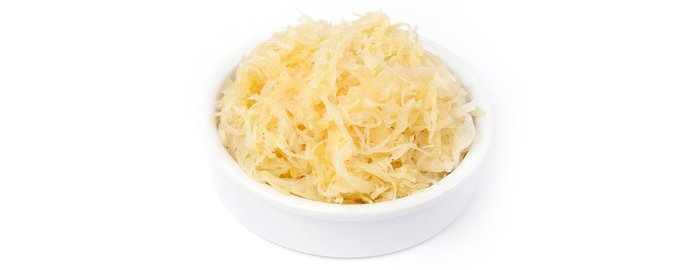
And sauerkraut is not just for hot dogs and corned beef. Try it with beef or chicken to add a nice flavor as well as some moisture.
3. Pineapple
Pineapple naturally contains the protein enzyme bromelain. If you’ve ever tried a pineapple marinade on your meat overnight, you might notice how well the meat is broken down and tenderized. This ability to break down the meat makes bromelain—and pineapple—an effective aid to digestion. Interestingly, bromelain can also decrease muscle soreness and improve recovery from training.
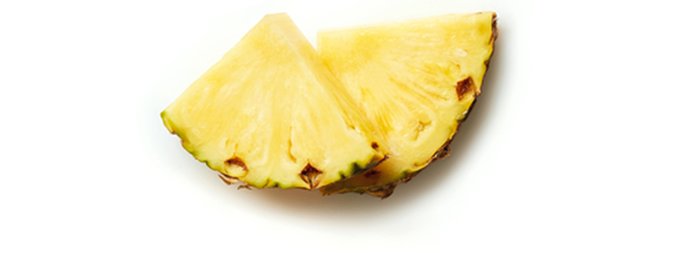
If pineapple appeals to you, go for the fresh version. Canned pineapple is full of added sugar.
Although pineapple is a great addition to any meal, optimize its effect on your digestion by taking it right before or after your workout.
Centopani’s Digestion Picks
1. Beets
This common tuber is a rich source of dietary fiber and provides a systemic anti-inflammatory effect, making it great for digestion. Beets may also have cardio-protective effects and antioxidant properties. And the nitric oxide found in beets can actually improve your performance in endurance events.
Once again, choose the fresh version whenever possible. Pickled beets are delicious but are full of added sugars and preservatives.
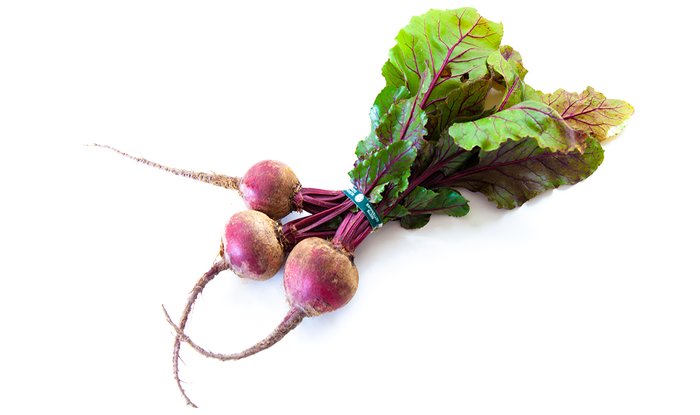
And don’t be shy about experimenting with innovative ways to fit them into your diet. Beets can be shaved into salads, and juiced, grilled, roasted, steamed, or boiled to add nutrition and color to any meal. Get ready for an earthy taste!
2. Ginger
Ginger has been used for centuries to treat dyspepsia—also known as indigestion—as well as to relieve nausea. Ginger stimulates healthy stomach contractions, which crush ingested food and lead to gastric emptying by pushing food into the small intestine for further digestion.
In laymen’s terms, ginger makes food move through you faster. This process increases appetite, which is much needed for the offseason bodybuilder. Anecdotally, ginger has also been known to help with gas.
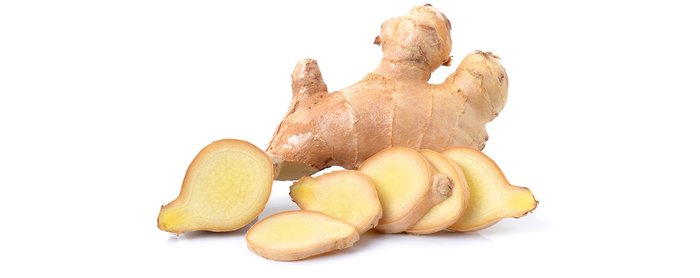
Purchase raw ginger and shave some into any meal. One teaspoon minced is enough to flavor a meal and provide a measure of digestive aid.
3. Papaya
Christopher Columbus reportedly called papaya “the fruit of the angels,” though it is not clear why. It might have been because of how well the enzymes found in papaya, including papain and carpain, promote healthy digestion. Papaya works especially well with concentrated forms of protein such as meat.
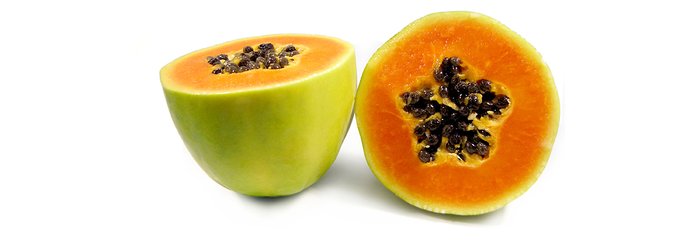
It was Centopani’s search of foods to help him recover from a knee injury that led him to papayas. The papain that helps digestion also aids in recovery of skeletal muscle and connective tissue.
Although fresh is the way to go, frozen papaya can be an option as well. Papaya is great to eat at any time, but eating it pre- or post-workout may provide added muscle recovery.





